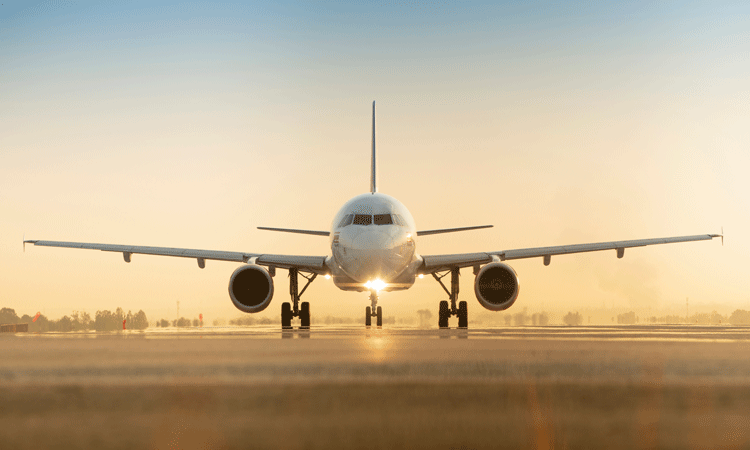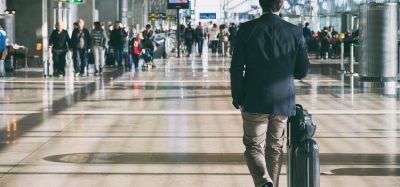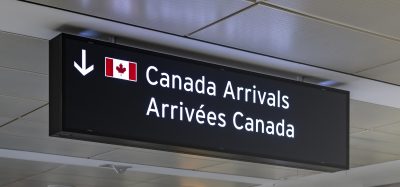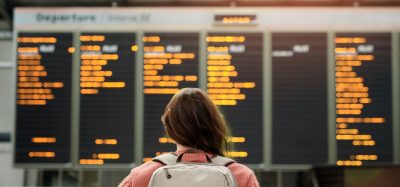UK government offers slot relief as the demand for air travel begins to rise
- Like
- Digg
- Del
- Tumblr
- VKontakte
- Buffer
- Love This
- Odnoklassniki
- Meneame
- Blogger
- Amazon
- Yahoo Mail
- Gmail
- AOL
- Newsvine
- HackerNews
- Evernote
- MySpace
- Mail.ru
- Viadeo
- Line
- Comments
- Yummly
- SMS
- Viber
- Telegram
- Subscribe
- Skype
- Facebook Messenger
- Kakao
- LiveJournal
- Yammer
- Edgar
- Fintel
- Mix
- Instapaper
- Copy Link
Posted: 24 January 2022 | International Airport Review | No comments yet
The UK government has agreed to support the aviation industry recovery with airport slot alleviation for the upcoming summer 2022 season, as demand for air travel returns.


The UK government has today (24 January 2022) laid regulations before Parliament that will extend the airport slots rules alleviation for the upcoming summer season, supporting the aviation industry as demand for international travel returns.
Airlines will need to use their slots 70 per cent of the time in order to keep them, but will also benefit from added flexibility over when they are justified not to use them, e.g., where a market is substantively closed.
If this alleviation wasn’t provided, the usage threshold would default back to 80:20 with no additional flexibility on justified non-use, increasing the risk of ghost flights.
Following a period of consultation with the sector, the extension of alleviation from slots rules will further support its recovery from the COVID-19 pandemic as air travel returns to normal levels.
This aims to balance the need for continued support for the aviation sector’s finances, providing airlines with enough flexibility to adapt to changing restrictions and concerns around new variants, while ensuring slots get used where demand allows.
It also takes advantage of the UK’s new freedom to set its own slots rules after leaving the EU, to whose rules we were previously tied.
As part of this, the list of situations where airlines can claim justification for not using their slots is being widened further. As in the current winter season, this will cover situations where COVID-19 related restrictions at either end of a route result in severe reduction in demand. However, for the summer 2022 season, it will no longer be necessary for the airline to show that the measures were unforeseeable.
This means airlines won’t need to make the choice between running environmentally damaging ghost flights and losing their historic slot rights where markets remain closed as a result of COVID-19 restrictions, while also protecting long-term connectivity. For example, airlines would be able to apply for this measure if a country requires hotel quarantine or closes hotels or restaurants as a result of COVID-19.
In such circumstances, the regulations allow the airline to keep their historic rights to the slots even if passenger demand does not justify operating the flight.
Transport Secretary, Grant Shapps commented: “Leaving the EU has allowed us to take back control of our airport slots rules, giving us greater flexibility to balance the needs of our magnificent aviation industry as it faces up to the pandemic.
“Today’s extension marks a step back towards normal rules, helping the sector to recover and grow as travel returns while protecting it against any future uncertainty.”
Aviation Minister, Robert Courts added: “Since the onset of the pandemic we have provided relief from the slots usage rule to provide financial stability to the sector and prevent environmentally damaging ghost flights.
“As demand for flights returns, it’s right we gradually move back to the previous rules while making sure we continue to provide the sector with the support it needs.”
This is the latest initiative introduced by the government to support the aviation sector. It follows the removal of the temporary, extra testing measures introduced for Omicron in November 2021, which has made travel easier and cheaper for fully vaccinated passengers and has provided a big boost for the travel industry as we enter the peak new year booking period.
Airport slots are used to manage capacity at the busiest airports. A slot gives permission to use the full range of airport infrastructure (runway, terminal and gates, for instance) necessary to operate an air service at an airport on a specific date and time.
Related topics
Airside operations, COVID-19, Funding and finance, In-flight activity, Passenger experience and seamless travel, Sustainability, Terminal operations, Testing


















